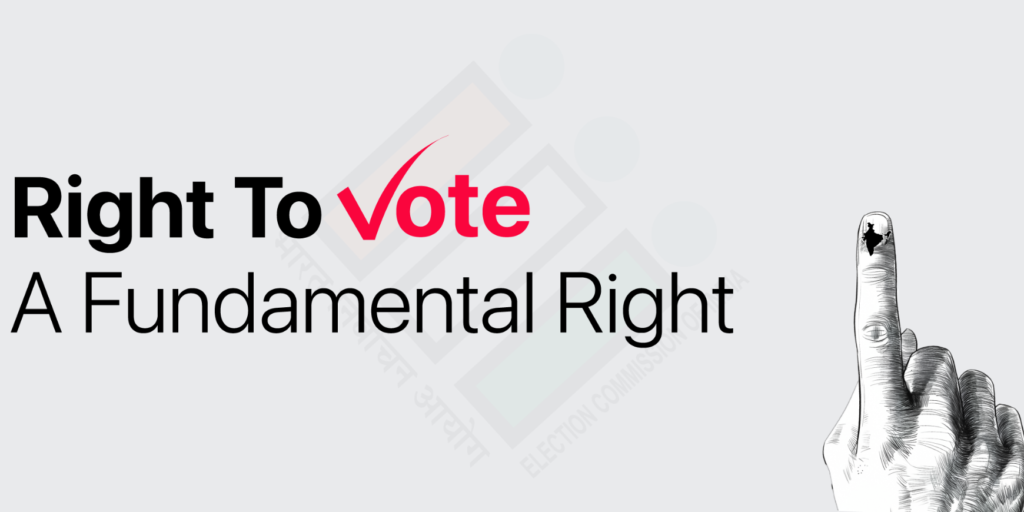The right to vote is not just a privilege but a fundamental right that lies at the heart of any democratic society. It serves as the cornerstone of a functioning democracy, enabling citizens to have a say in the way their country is governed. In this article, we will explore the significance of the right to vote, its historical context, and why it should be protected and cherished.
The Historical Context of the Right to Vote
Throughout history, the right to vote has been a hard-fought battle. From the early struggles for suffrage to the civil rights movements of the 20th century, countless individuals have dedicated their lives to secure this essential right for everyone. The fight for equality and representation has been a long and arduous journey, with milestones such as the women’s suffrage movement and the Voting Rights Act of 1965 marking significant progress.
Why the Right to Vote Matters
The right to vote empowers individuals to have a direct impact on the decisions that shape their society. It ensures that every citizen, regardless of their background, race, or gender, has an equal voice in selecting their representatives and leaders. By exercising this right, individuals can hold their elected officials accountable and shape the policies and laws that govern their lives.
Protection of the Right to Vote
While the right to vote is widely recognized, it is essential to protect and uphold this fundamental right. Measures such as voter registration, accessibility, and education are crucial in ensuring that everyone can exercise their right to vote. Additionally, it is imperative to address any barriers or discriminatory practices that may prevent certain individuals or communities from fully participating in the electoral process.
Expanding the Right to Vote
The right to vote should not be limited to certain groups but extended to all eligible citizens. Efforts to expand suffrage, such as lowering the voting age or implementing automatic voter registration, can help ensure that more individuals have the opportunity to participate in the democratic process. By removing unnecessary barriers and promoting inclusivity, we can strengthen our democracy and ensure that everyone’s voice is heard.
In conclusion, the right to vote is not just a mere privilege; it is a fundamental right that underpins the very essence of democracy. It is essential to honor the sacrifices of those who fought for this right and to continue striving for equality and inclusivity in our electoral systems. By protecting and expanding the right to vote, we can foster a more engaged and representative society that truly reflects the will of its citizens.

